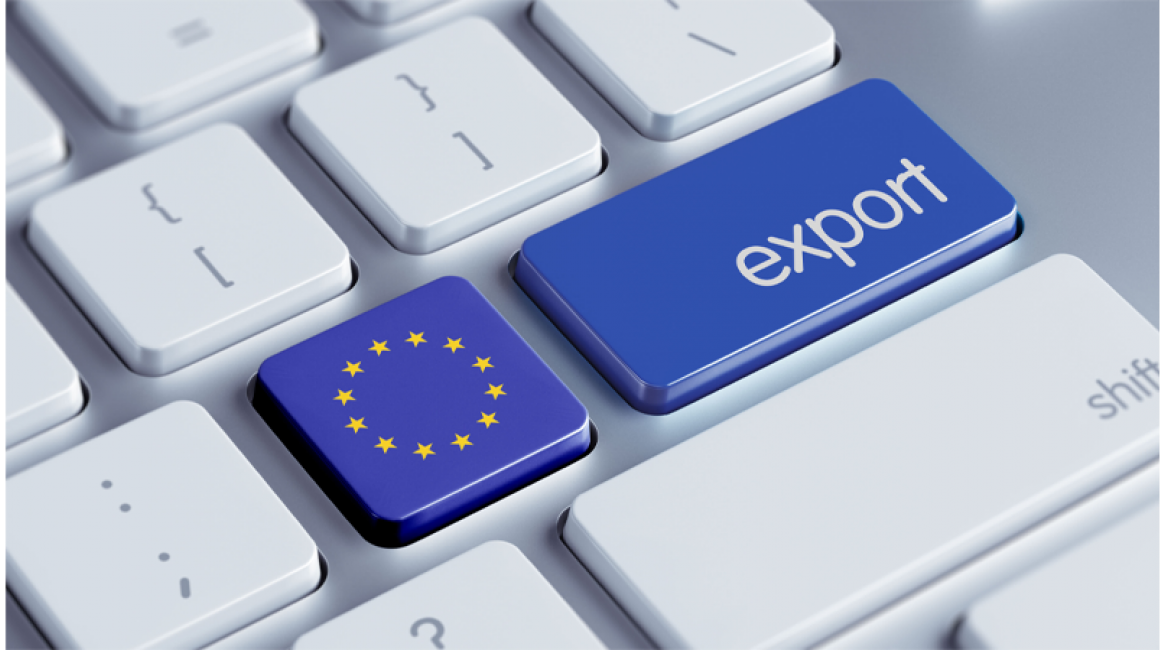On September 9, 2021 the Regulation (EU) 2021/821 entered into force. While replacing the previous Regulation (EC) 428/2009, it establishes a new Union regime for the control of exports, brokering, technical assistance, transit and transfer of dual-use items.
It is crucial that companies act promptly, in order to verify the impact of the export control new Regulation on their business. In particular, it would be necessary to assess the adoption of a specific internal compliance program, designed to ensure systematic control over exports and to eliminate or reduce the risk of sanctions issued by the competent Authorities. Below, some of the new measures are liste.
What are dual-use items?
Dual-use items are goods (including software and technology), which can be used for both civil and military purposes, and therefore they could potentially be employed for the design, development, production or use of nuclear, chemical or biological weapons. Thus, the control of transnational activities involving dual-use goods is an essential tool for the protection of security, in the fight against terrorism and the violation of human rights.
What are the innovations introduced by Regulation (EU) 2021/821?
The new EU Regulation approved by the European Parliament provides for an intensification of controls on emerging technologies, ensuring greater transparency and exchange of information between Member States and towards third countries and the private sector, introducing due diligence obligations for the latter.
In particular, among others, the following innovations are introduced:
- a general export authorization - issued by MAECI in Italy - for intra-group export of dual-use software and technologies to specific countries (EU007) and an export authorization for encryption products (EU008);
- the extension of control to technical assistance activities (even remotely), concerning dual-use products in favour of clients located in third countries and under certain conditions;
- the extension of controls to IT security and espionage systems (so-called cyber-surveillance items);
- the request for export authorization with regard to goods on the national control lists of another Member State, for reasons of public security, including the prevention of acts of terrorism and the protection of human rights;
- the validity of global and individual export authorizations for a maximum of two years and record keeping for at least five years from the end of the calendar year in which the export took place;
- the adoption of an internal compliance program, in order to issue the general authorization for the intra-group export of software and technology (EU007).
While reminding you that our firm is also accredited as Export Compliance Officer at EIFEC (read more here), we remain available for any clarification and further information
